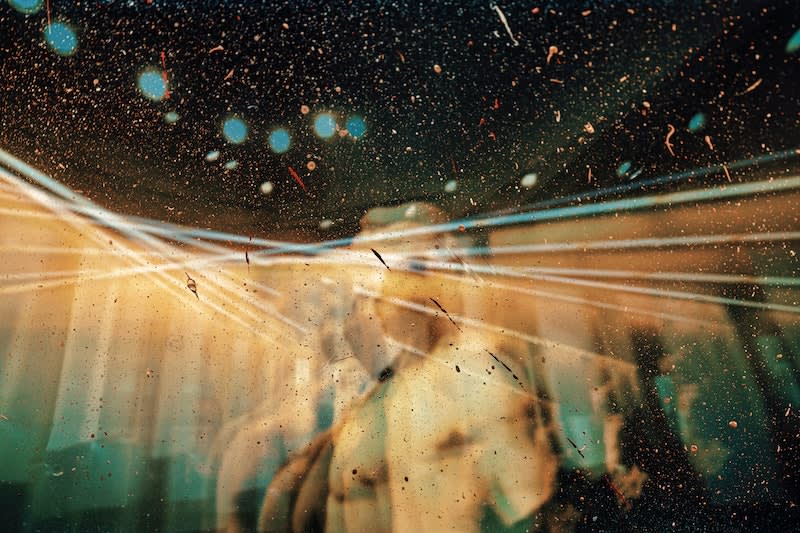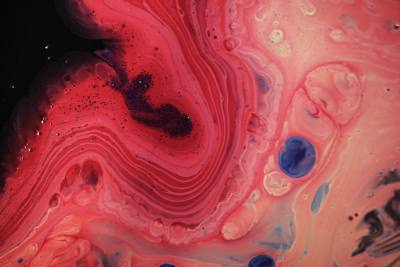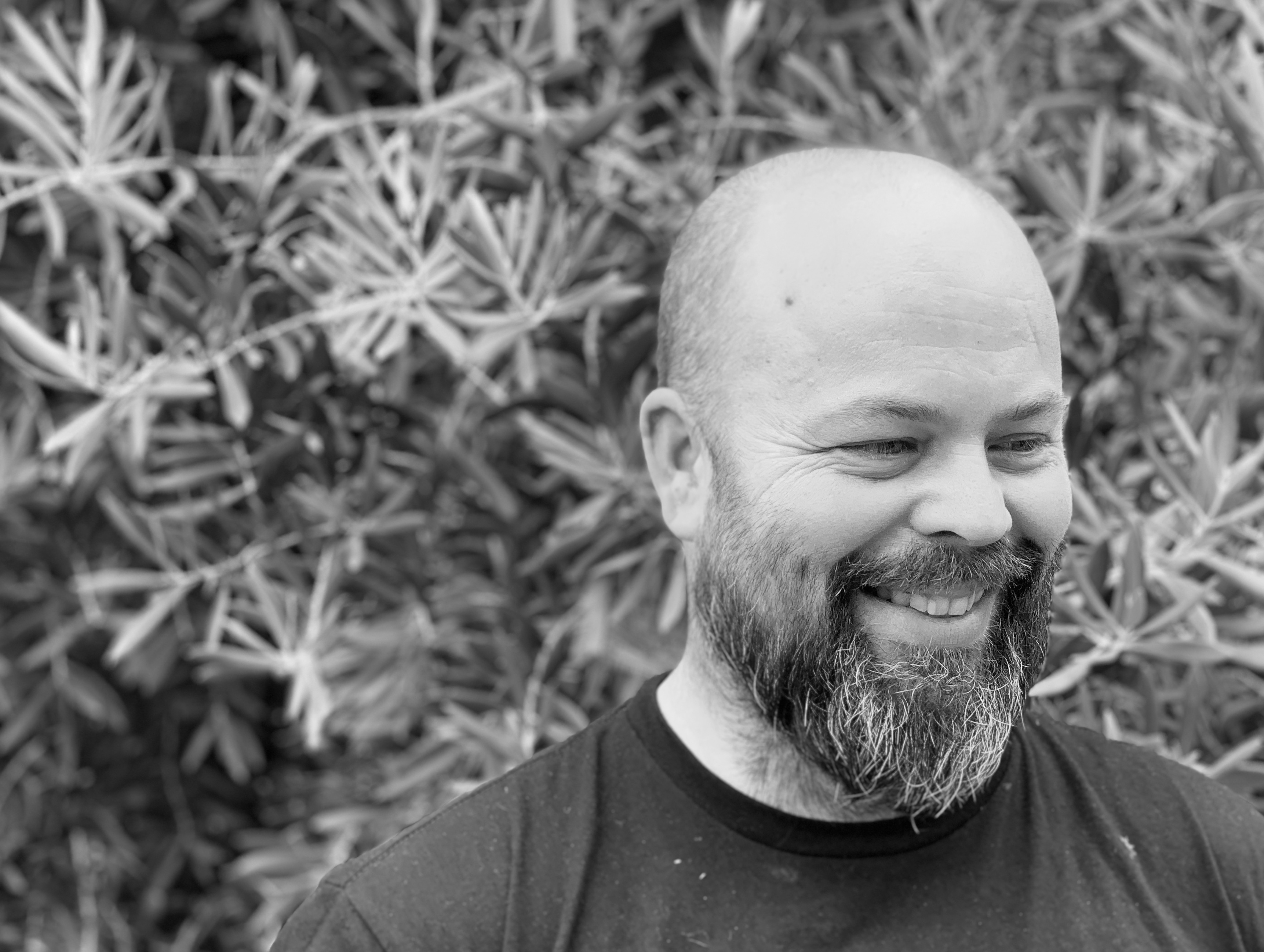It's no secret that psychedelics have been undergoing a resurgence in popular culture over the last decade. New science has been revealing what psychonauts through the ages of known - that psychedelic and non-ordinary states have an enormous power to change, shape and re-frame our lives. However the question remains - what do we do with the experience?
What are the components of a psychedelic session?
Any experience involving non-ordinary state of consciousness can be broken into 3 parts:
- Preparation
- Session
- integration
Without the proper attention to any of these three parts there is a much greater potential for fragmentation, de-stabilisation or what is often referred to as a bad trip.
Preparation
The preparation of a session includes the gathering of the required knowledge for the experience as well as laying down the ground rules for what is possible or what is desired in the session.
This might include the various practicalities of working with your guide, establishing your mind-set for the session and defining or clarifying the intention. In most psychedelic sessions it's important to establish the "why" for the session. Having a clear intention can help the mind to focus on the reason why you have launched into the sometimes confusing psychedelic landscape.
Session
The session itself is often seen as the focus for the therapy but it is ultimately just a part of it. It's relatively easy to overlook the other components of the process (ie preparation and integration) given our natural focus on having the experience but the real benefit of working with non-ordinary states is found in what happens afterwards.
Even though the experience itself can be profoundly life changing it is how we are able to put the insight gained during the session into practice that can help us to reap the benefits of the non-ordinary state.
Integration
Integration is essentially the process of embodying the wisdom and insight gained during the psychedelic session. How this process unfolds depends on a number of factors. Questions that may be helpful for preparing for integration may include:
- What supports do you have to work through the material that arose in the session?
- Do you have people close to you that you can talk to?
- Do you have daily practices such as meditation, journalling, or other physical practices?
- Do you have good physical therapists or psychotherapists to work with after the session?
- Have you allowed for enough time and space after the session?
- Do you have cognitive resources and frameworks that may help you to understand the experience?
The time taken to integrate a non-ordinary state of consciousness really depends on the nature of the experience and the supports you have around you. Some experiences may be able to be integrated within the session itself while others may literally take years.
Ultimately the integration of non-ordinary states of experience is very personal and may include a wide range of supports and practices.


How can psychotherapy support the
integration of psychedelic experiences?
Psychotherapy and breath work can be supportive relational and experiential tools to work with the integration of non-ordinary states of consciousness.
Sharing the story ...
The psychedelic experience can often be confusing and hard to make sense of, and so the sharing of the story of your experience and being listened to in a non-directive / non-judgemental / curious way, can often allow the really important parts of the experience come to the surface. This ideally supports the individual to find their own meaning or wisdom from their experience and to create reference points or "touch stones" that help with the integration.
Sharing. the story is less about finding a narrative for the experience but to uncover themes and plumb the depths of the "feeling" of the experience. In the words of Tav Sparks, "Feeling is the royal road to healing" and as such the feeling in the experience can help us to connect with other thematically linked material we may be working with in our life.
Somatic exploration ...
Bessel Van Der Kolks book, The body keeps the score emphatically describes the role of the body in healing trauma; Working with non-ordinary states of consciousness is no different. After a breathwork or psychedelic session we can work with the body using breath, guided imagery and felt sensation to help bring any parts of the experience into a point of completion. The psyche is always trying to move us towards wholeness and so using a simple body scan and gentle breathing technique we can unlock this potential and help to further re-member or somatise the psychedelic experience.
Holotropic Breathwork ...
In some cases the psychedelic experience may be somewhat incomplete and more non-ordinary states of consciousness work may be an important part of the integration process. This is especially true if the psychedelic experience was disrupted, held in an unsafe container or the material that emerged was too much to fully digest within a single session.
Holotropic Breathwork can often help the breather to resolve or bring to a point of completion (within a greater circle of incompletion) the material that was opened up to in the psychedelic session.
Integrating a bad trip ...
From a Holotropic breathwork or transpersonal lens there may indeed be no such thing as a "bad trip" - but there are most definitely experiences that are extremely difficult to experience and even more difficult to integrate.
Excluding experiences that are held in unsafe environments, or without the proper preparation or supervision, any non-ordinary state of consciousness has the potential to help us heal. The material that emerges in the session can be seen as the psyche attempting to move towards wholeness, regardless of the quality or the type of material that is emerging.
This means that any part of the personal or collective experience can become manifest in the psychedelic journey. And because of the nature of the psychedelic experience this may lead to frightening, existential or terrifying experiences that confront the journeyer with their deepest fears in a very phenomenal way.
The non-ordinary state is often a way for the psyche to seek the deep integration of its shadow. By its very nature the shadow can be terrifying, as it contains all of the parts of ourselves that we are no yet able to or willing to see.
Integrating difficult trips can be made even more challenging because of the shame and guilt the journeyer may experience after the session. Non-ordinary states are not especially well held in the Western worldview and difficult non-ordinary states are even less so. However if we can approach the difficult experience with an open and curious mind and be willing to. work through our reaction to the experience, the difficult psychedelic experience may in fact yield more benefit than the classical cosmic journey.
Disclaimer
Due to the legal status of psychedelic assisted therapy, Anthony is not available as a guide for psychedelic therapy sessions. If you would like supporting in working with psychedelic integration please get in touch or book an appointment below.

My Holotropic Breathwork experience
Holotropic Breathwork has been a fundamental influence on how I approach all aspects of my life and indeed since the late 1990's it has been the primary tool I have used in order to gain greater insight into my life.
My work with Alf Foote was foundational in terms of demonstrating the transformative potential of the breath. And from 2006 to 2013 my training to become a Holotropic Breathwork facilitator via GTT further grounded my understanding of the healing power of non-ordinary states of consciousness.
Since 2013 I have been running Holotropic Breathwork Workshops in Melbourne with Ruth Langford and others and have also been on staff as a part of the Grof Transpersonal Training programs in Australia.
Holotropic Breathwork is held in workshops and smallgroups
For a schedule of upcoming workshops and groups please visit the Melbourne Breathwork website. Workshops will re-commence in February 2021.
